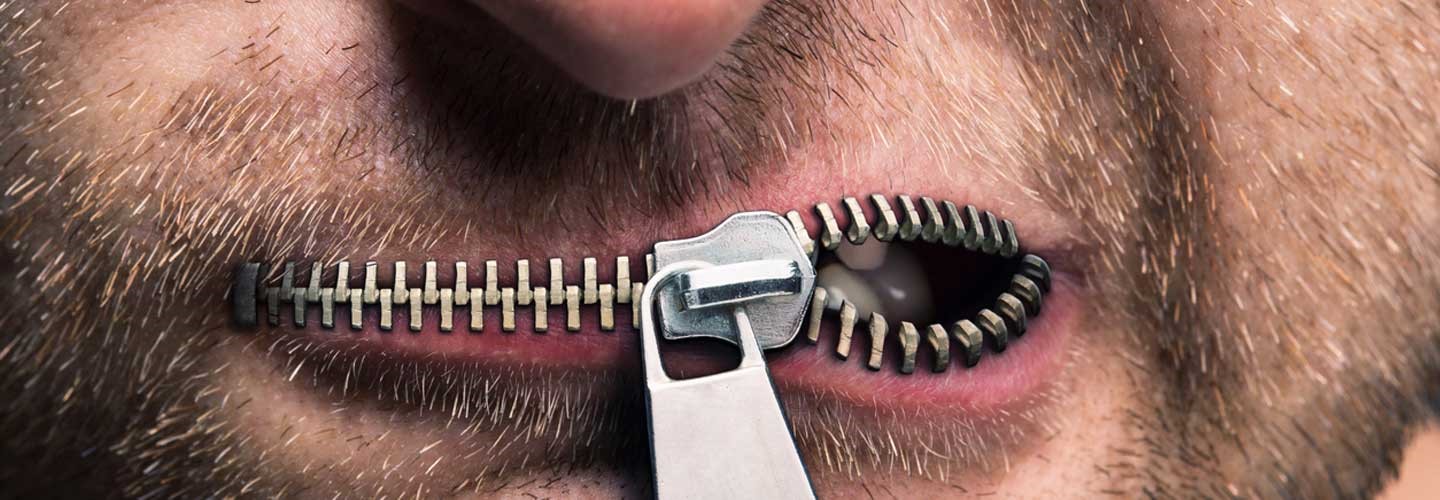Americans In Pain and Addicted: Untangling the Opioid Crisis
- Home
- Blog

Part Seven: Let’s Give YOU a Voice!
What follows are some of the voices of my gentle readers. If you are not among them, please try to understand, and feel their pain…
- “Life is better lived and more meaningful when viewing the world through a panoramic lens rather than settling with viewing it through a pinhole.”
- “Anyone who can beat heroin is a soldier in a war with himself every day.”
- “We [addicts] save each other out here. We love and care about those we walk this journey with.”
- “You demonize pills that are needed for legitimate medical conditions that need to be treated… Walk a mile in my shoes, or rather limp a mile. Then tell me how you feel.”
- “Just because your body is addicted to a pain pill doesn’t mean you are a drug addict. Those that suffer untreatable, legitimate health conditions will understand that statement.”
- “Dependence and addiction are two different things… more needs to be done about educating the people and rewriting the regulations. Folks like myself have no advocates at all representing them.”
Over the last several weeks, I’ve begun my weekly blog with quotes from or stories about patients from my own practice.* The quotes above, however, come from readers who seek to ease their pain (both emotional and physical), and to be understood (so they won’t feel so alone). During my Americans in Pain and Addicted series, I’ve shared stories of patients who have suffered from the full spectrum of drug use: Patients who got accidentally addicted, patients who hit rock bottom, and patients who were never addicted in the first place, but were treated like addicts all the same by doctors and friends. As I’ve said repeatedly, this series is about opening the floodgates to knowledge and understanding about the opioid crisis in our country. Through these stories, I hope I’ve been able to provide readers like you with a greater sense of empathy for those whose lives have been turned upside down by a tiny little pill.
However, when it comes to increasing understanding, the conversation must be two-sided. I can share with you all of the statistics and stories that make this crisis real for me, but what matters most is what makes this crisis real for you. Americans in Pain and Addicted has gained a significant following on my Facebook page, where readers have taken to the comments section to express their thoughts, experiences, and emotions. The site has turned into a forum where folks feel comfortable asking questions, describing their outrage, and offering their own useful words of advice.
To me, I couldn’t have asked for anything more positive to come out of this series. For us as strangers, individuals who come from all walks of life and all across our nation, to engage each other in a safe space about one of the most important domestic issues of our time, is a grassroots effort at its finest. I will continue to answer comments in this space, joining the lively debate. But I want you there, too. I respond directly to questions and comments on Facebook. If you’re not part of the discussion there already, here’s a sampling of some answers to questions I’ve received. I’d like to hear from you!
My response to commenters expressing anger towards Big Pharma and the role they have played in this drug crisis:
“Your feelings of anger, outrage, and betrayal are completely understandable. And it’s true that the opioid crisis has created many enemies for pharmaceutical companies, and it’s also true that these companies played a role in creating and perpetuating this crisis. As a psychiatrist, I’m pained by the fact that these companies have acted in such a way that has turned a great number of vulnerable individuals against medication of any kind. Trust is fragile – tremendously difficult to establish – easy to destroy. And some of these companies have violated a sacred trust. But let’s also take into account the amazing advances that have come as a result of many medications that have been developed by pharmaceutical companies. If my own father had been able to stay alive for just another four years (he died young of heart disease), he probably would have lived for decades longer. He would have been able to meet my children, and love them. At the time of his death there were no statins, no good drugs for abnormal heart rhythms, and the drugs used to treat his high blood pressure had bad side effects. The fact is, some medication is life-saving and necessary… including, in some cases, opioids. Without opioids, many cancer patients would be suffering from intractable, insufferable pain. When it comes to alleviating depression or anxiety, medication can be a godsend in people’s lives. So please, don’t write off all medications (and the pharmaceutical companies that develop them) because of the unethical behavior of a few bad apples.”
My response to commenters expressing anger towards their doctors and the role they have placed in the crisis:
“When millions of lives are affected–and ruined–by this crisis, it’s both easy and natural to feel angry, cynical, sarcastic, scared, and ultimately hurt. We want to believe that the “experts” in the field have our best interests in mind, and it can be traumatic when we discover otherwise. Years ago one of my family members died from a prescription drug overdose, and another abused opioids for years and manipulated doctors (who were acting in good faith) to arrange for multiple prescribers who were concealed by her from one another. Nowadays, fortunately, we have a database (crisphealth.org) that lets us know about other prescribers who are prescribing controlled substances for our patients, which helps prevent this kind of “doctor manipulation.” Like you, I wish there were some way for these drugs to work how they’re supposed to without the destructive side effects of addiction. In the meantime, all we can do as a culture is approach this discussion with sensitivity and thoughtfulness, keeping in mind the complexities at hand. And, as in any relationship, trust should be given out carefully, over time, and with intention: doctors included. There are many great doctors out there who really do want to help.”
My response to commenters asking who should take the blame for opioid overmedication:
When it comes to the opioid epidemic, I’ve found that pointing fingers can be a futile endeavor. Doctors can overprescribe with the best intentions; patients can overmedicate without understanding the consequences of their actions. My focus is on how we can begin to heal—as individuals and as a nation. Part of the solution I propose is simply educating ourselves on the complexities of the crisis, and attempting to place ourselves in the shoes of those who have suffered addiction. Empathy is the first step. Stay tuned for my next blog posts, which will cover this very subject.
The only way we solve issues—on every level, from our own crises to epidemics facing nations or the globe—is by talking through them together: by gathering knowledge; expressing heartfelt opinions; discussing doubts, fears, and anxieties; and sharing our strength. Please join me on Facebook (soon to be live, interactive video with me) and let’s try to solve these issues together.


